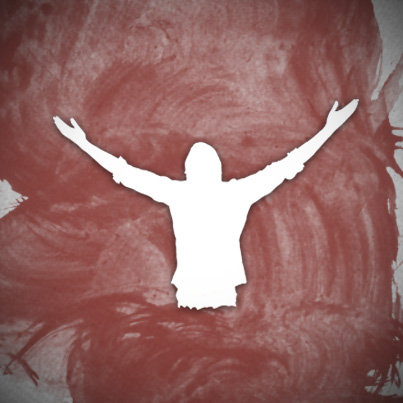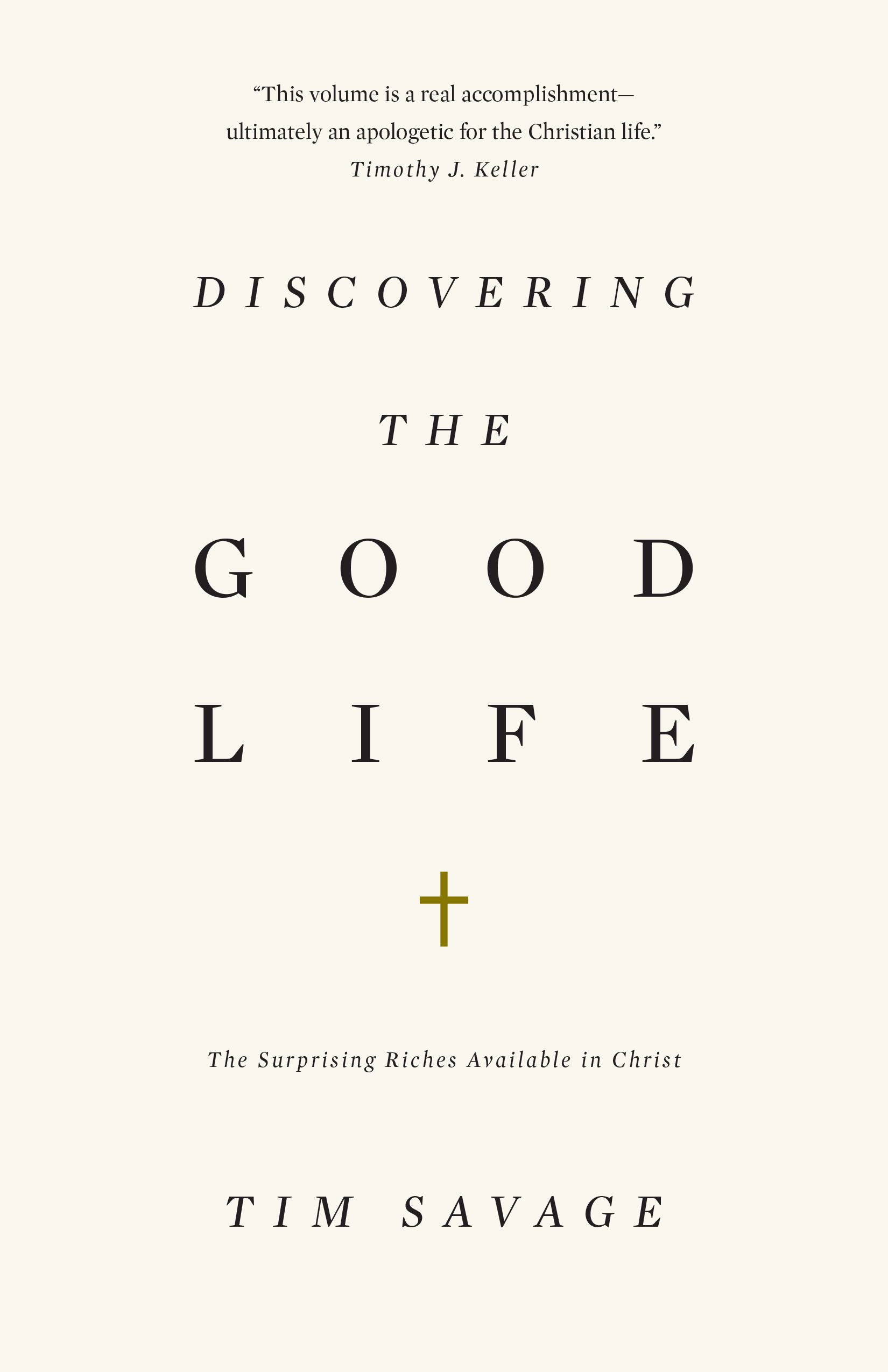The Beginning of What Never Ends
 The eighteenth-century author Samuel Johnson, arguably the most distinguished man of letters in the history of the English language, came to regard death as the ‘secret horror of the last.’
The eighteenth-century author Samuel Johnson, arguably the most distinguished man of letters in the history of the English language, came to regard death as the ‘secret horror of the last.’
And who would disagree? Nothing is more dreadful than the specter of our imminent demise.
But the apostle Paul offers a countervailing viewpoint. He takes solace in his mortality, and without injury to logic.
‘To die is gain,’ Paul affirms (Philippians 1:21). Why? Because to ‘be with Christ is far better’ (v. 23). Paul would rather ‘be away from the body and at home with the Lord’ (2 Corinthians 5:8). He is confident that ‘He who raised the Lord Jesus will raise me also with Jesus’ (4:14), and ‘what is mortal will be swallowed up by life’ (5:4).
To the apostle Paul, death is not a door slammed on his existence, but a door swung open to eternal life. Death is not an end, but a beginning of what never ends.
Christians can revel in the promise of eternal life. This future will transform their present. Clinging no more to momentary pleasures, fearing no longer the wiles of what’s to come, they are freed to live truly now, because they are assured of living fully then.
The novelist Fyodor Dostoevsky understood the liberating implications of eternal life, unfolding them in his musings on death – the ‘old grief’ – in The Brothers Karamazov:
‘By a great mystery of human life, the old grief gradually passes into quiet, tender joy; in the place of young, ebullient blood comes mild, serene old age: I bless the sun’s rising each day and my heart sings to it as before, but now I love its setting even more, its long slanting rays, and with them quiet, mild, tender memories, dear images from the whole of a long and blessed life – and over all is God’s truth, moving, reconciling, all-forgiving! My life is coming to an end, I know and sense it, but I feel with every day that is left me how my earthly life is already touching a new, infinite, unknown, but swiftly approaching life, anticipating which my soul trembles with rapture, my mind is radiant, and my heart weeps joyfully.’
I’ll leave the final word to the apostle Paul:
‘We do not lose heart. Even though our outer self is wasting away, our inner self is being renewed day by day. For our light momentary affliction is preparing for us an eternal weight of glory far beyond all comparison’
(2 Corinthians 4:16-17).


Add your voice to the conversation: